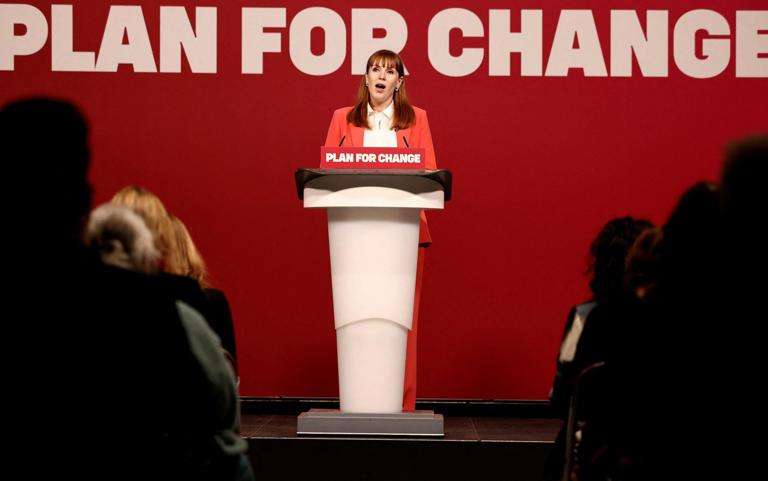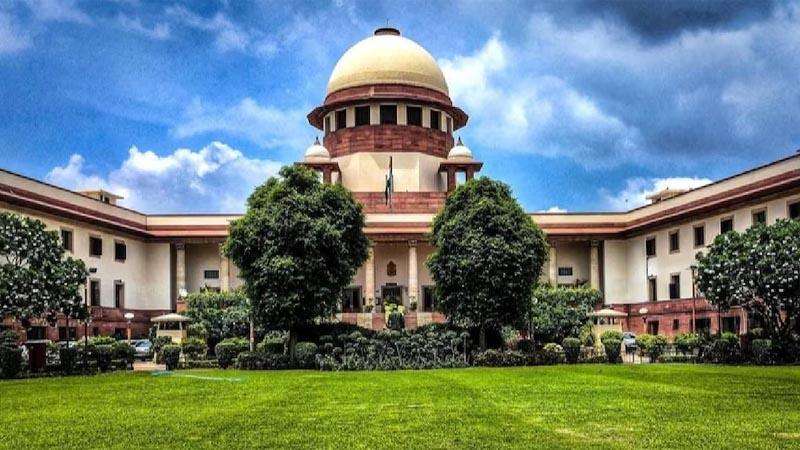According to Angela Rayner's ideas to give the regions more authority, people will live up to 50 miles from their town hall.
On Monday, the deputy prime minister will release plans to grant local councils and municipal mayors additional authority.
Many district councils may eventually be abolished, and county councils would become unitary authorities responsible for all services, according to the English devolution white paper.
The measures are expected to include proposals to create “strategic authorities” across England, bringing together councils over areas where people live and work to avoid duplication. The white paper is also expected to give cities and regions a bigger voice.
Critics say these “mega councils” will prove to be the opposite of devolution, and will “take powers away from local communities”.
Districts have already been abolished in North Yorkshire, meaning that residents in Selby have to travel almost 50 miles to the county’s headquarters in Northallerton.
Hannah Dalton, vice chairwoman of the District Councils’ Network, said large new unitary authorities would spend far less on regeneration and local high streets.
“The danger is that any reorganisation of local government leads to a period of turmoil which will prevent councils from focussing on the local services that drive new homes, jobs and reduce pressure on the NHS,” she said.
“We’re concerned that any creation of mega councils will prove the opposite of devolution, taking powers away from local communities, depriving tens of millions of people of genuinely localised decision-making and representation.
“Little evidence exists that past local government reorganisation has saved money. We are concerned that, far from making local government more efficient and more effective, reorganisation would have the opposite effect.”
‘Devolution is not an end’
Cllr Louise Gittins, chair of the Local Government Association, said: “In a very centralised country, moving funding and power from Whitehall to local leaders is needed, but it must be done in a way where empowered councils and the communities they serve are at the heart of decision-making.
“Reforms in this white paper will have a significant impact on every council and community. While our members are – and always have been – open to change, we remain clear that local government reorganisation should be a matter for councils and local areas to decide.
“Devolution is not an end in itself and cannot distract from the severe funding pressures that are pushing local services to the brink.
“It is vital the forthcoming provisional Local Government Finance Settlement provides councils with a significant and sustained increase in overall funding that reflects current and future demand for services. This should include compensation for the changes to employer National Insurance contributions announced in the Budget.”
Ms Rayner’s white paper comes 50 years after the local government changes of 1974 which saw the abolition of a number of historic counties and the unpopular changing of boundaries, with thousands of Yorkshire residents moving to Lancashire.
The Deputy Prime Minister will today argue that devolution will hand power from Whitehall to local communities that know their areas best.
In a speech, she will also claim that greater devolution is a key way to kickstart economic growth and put more money in people’s pockets.
Mayors will be given new powers across strategic planning, giving them the ability to guide infrastructure and development projects across areas, housing, transport and skills.








.svg)


